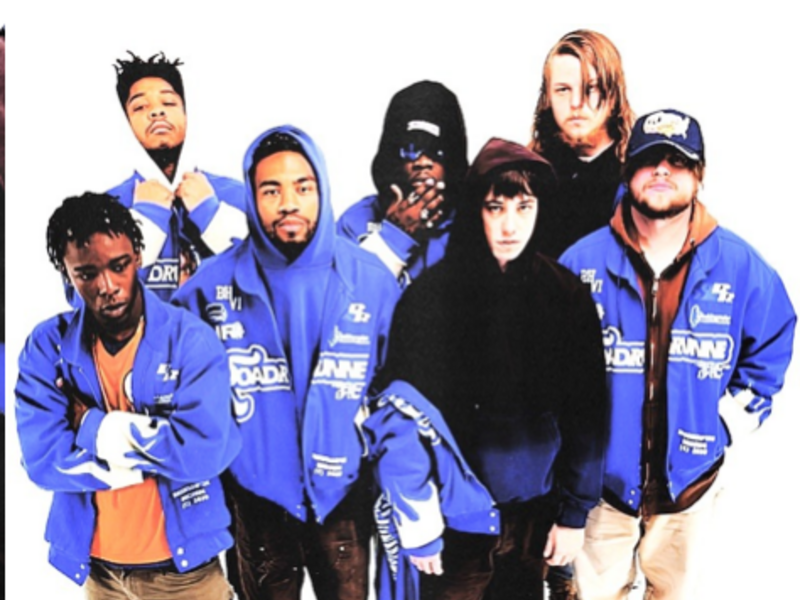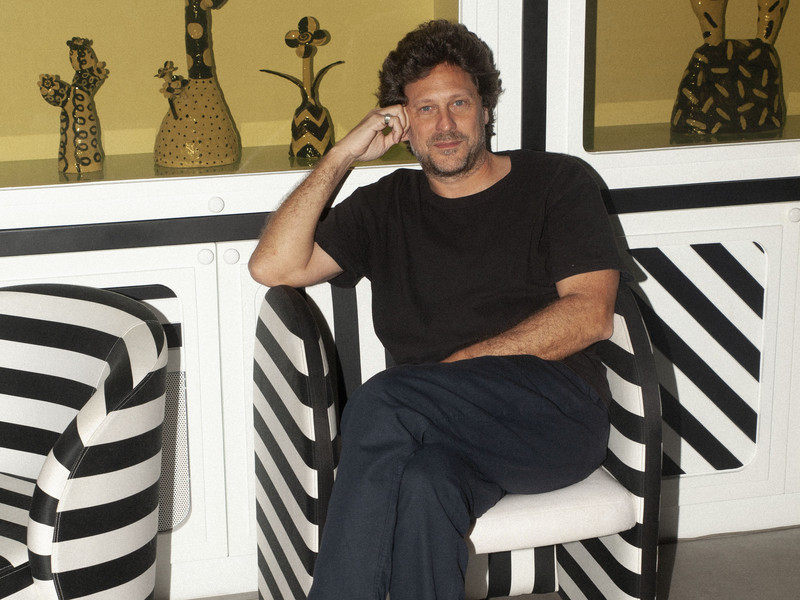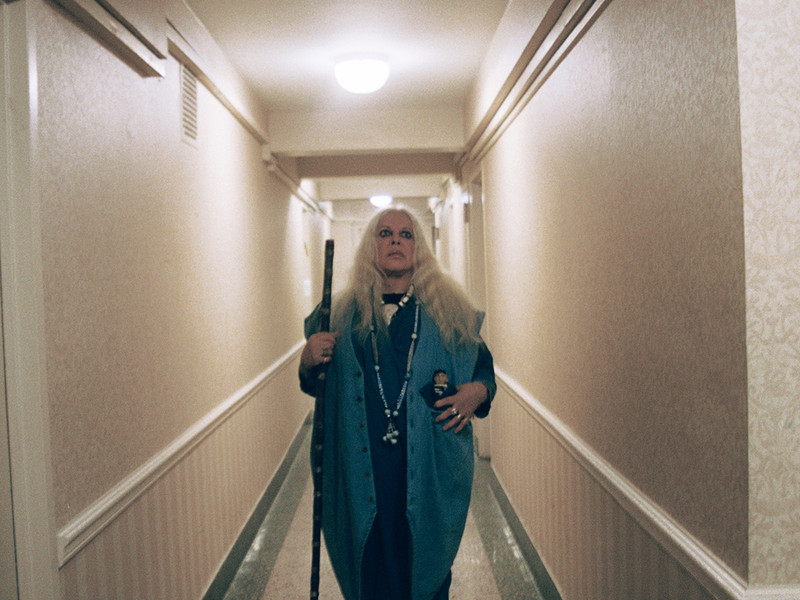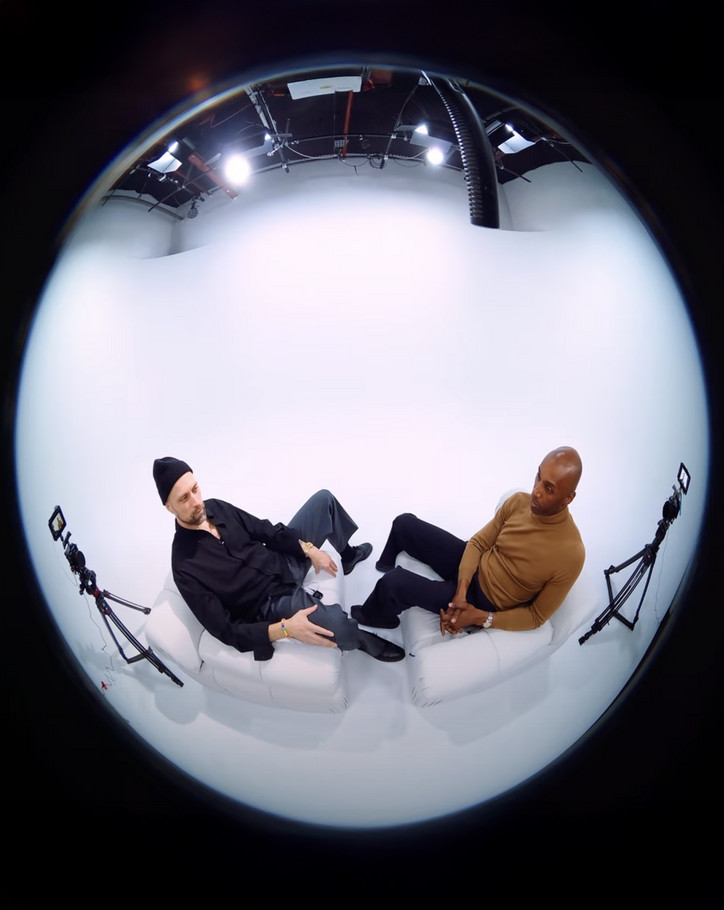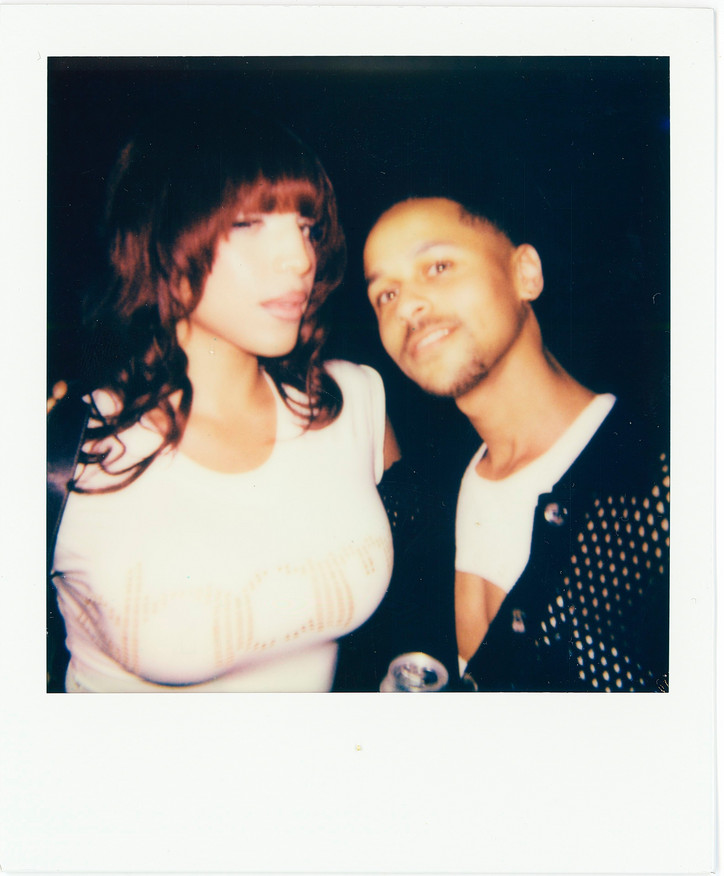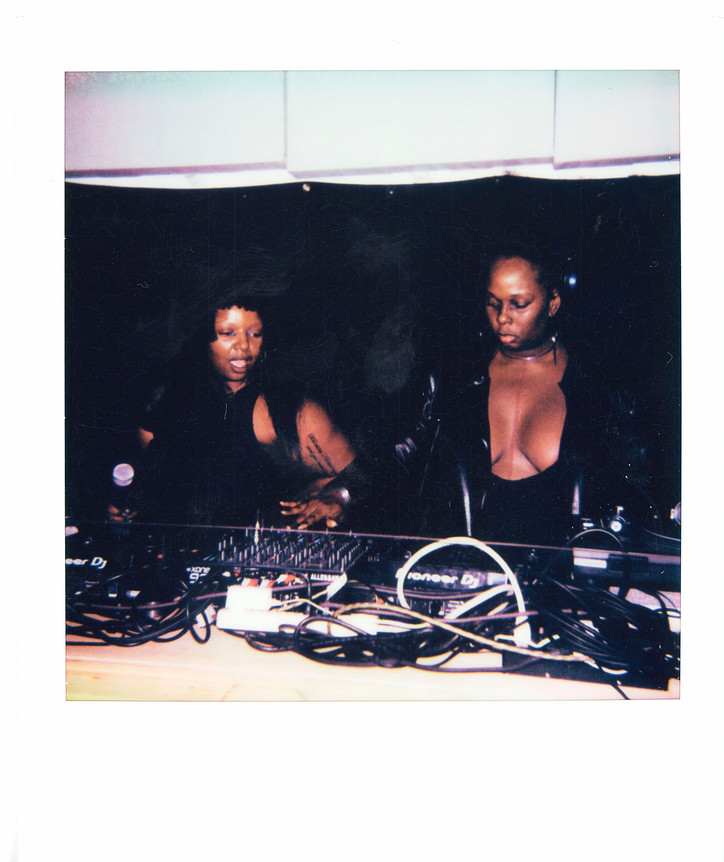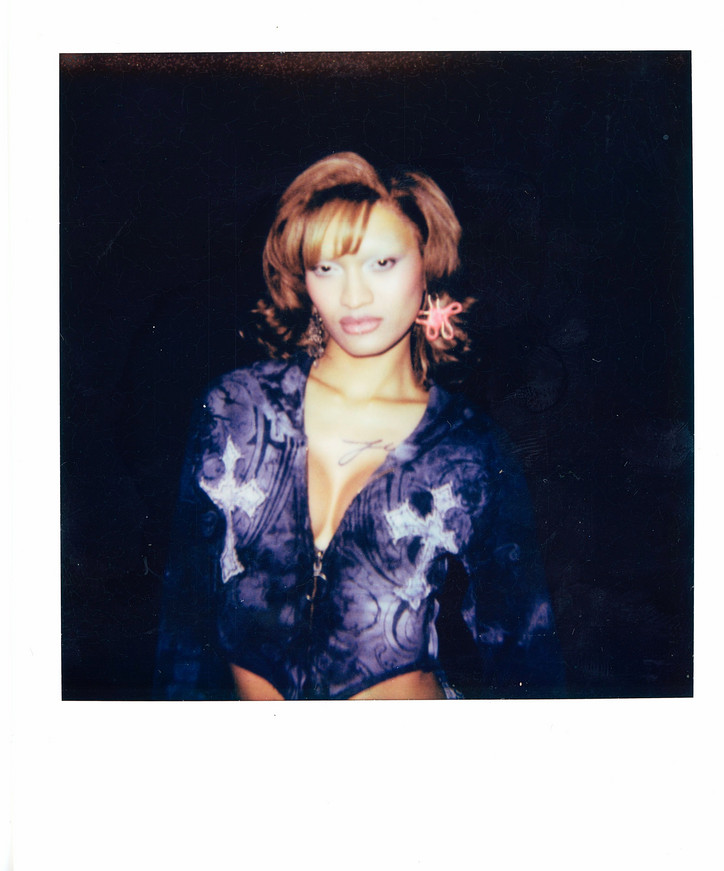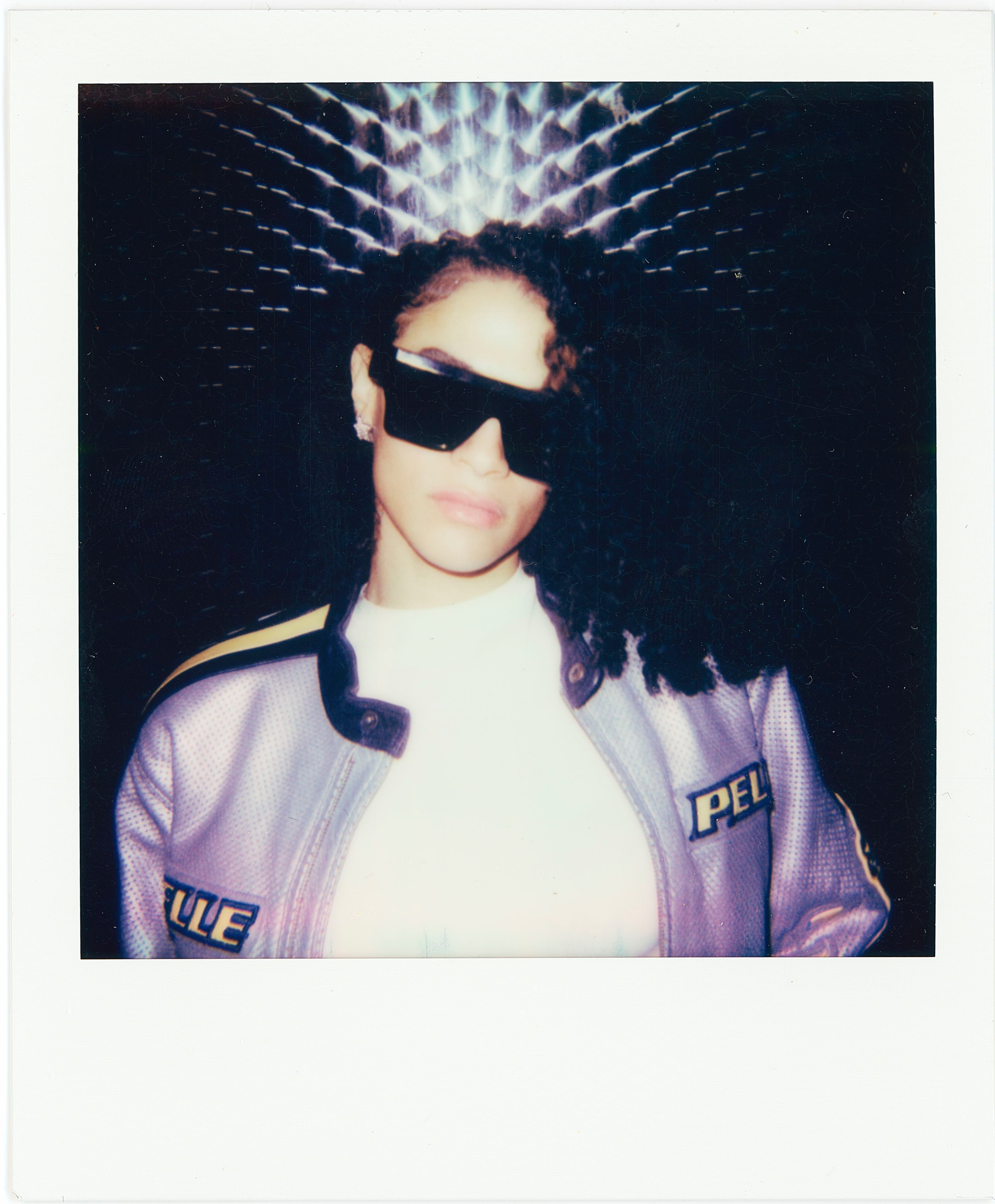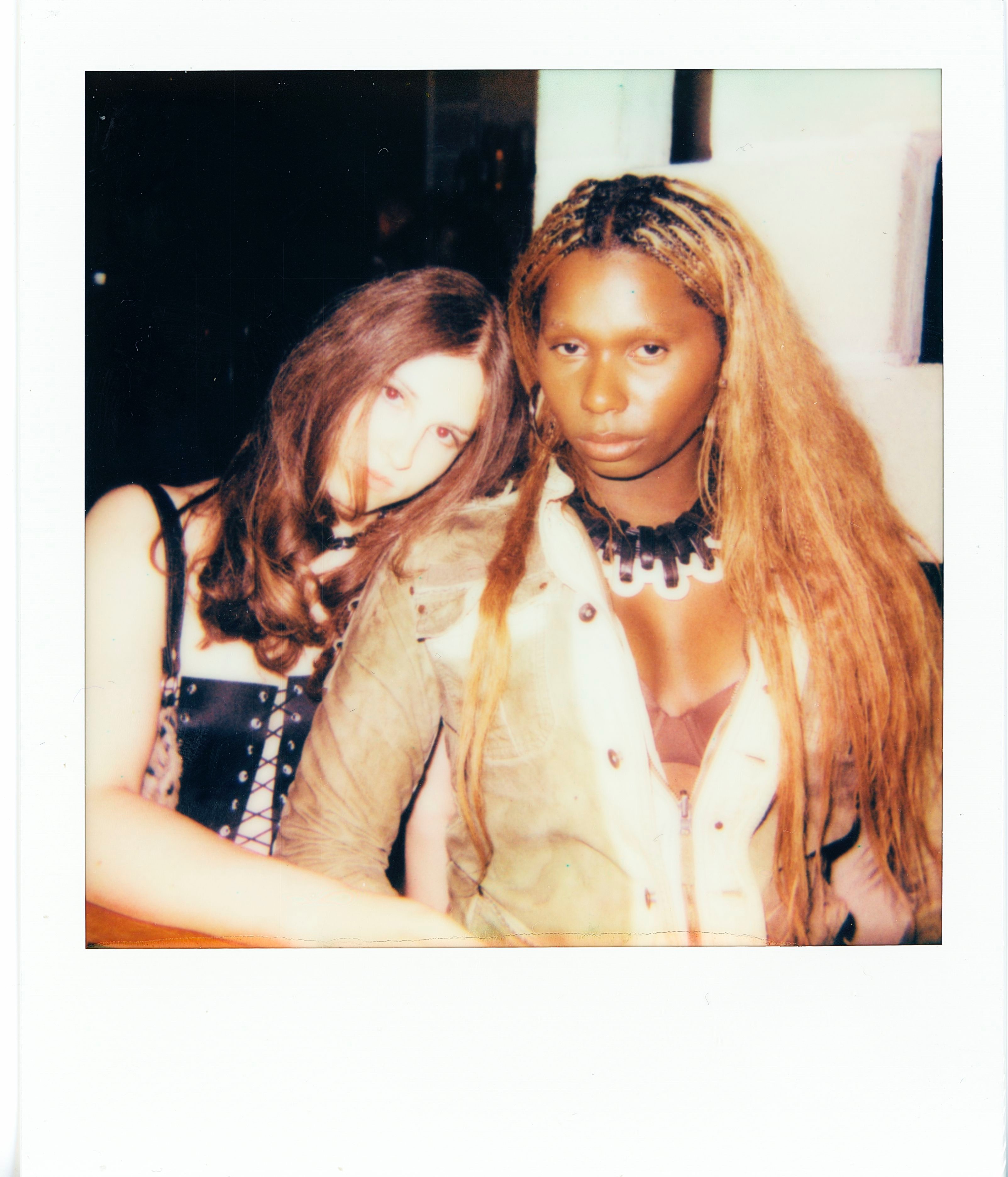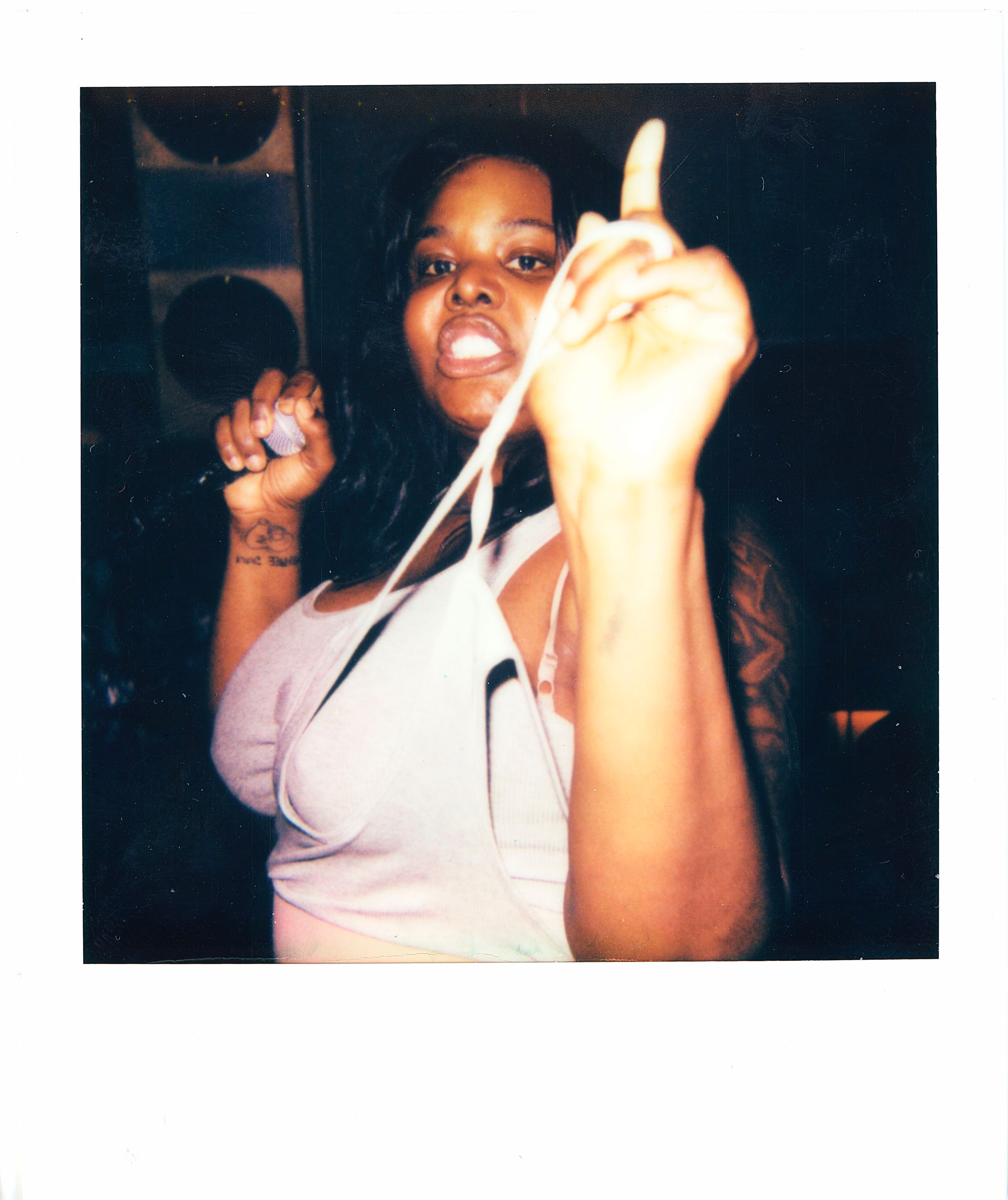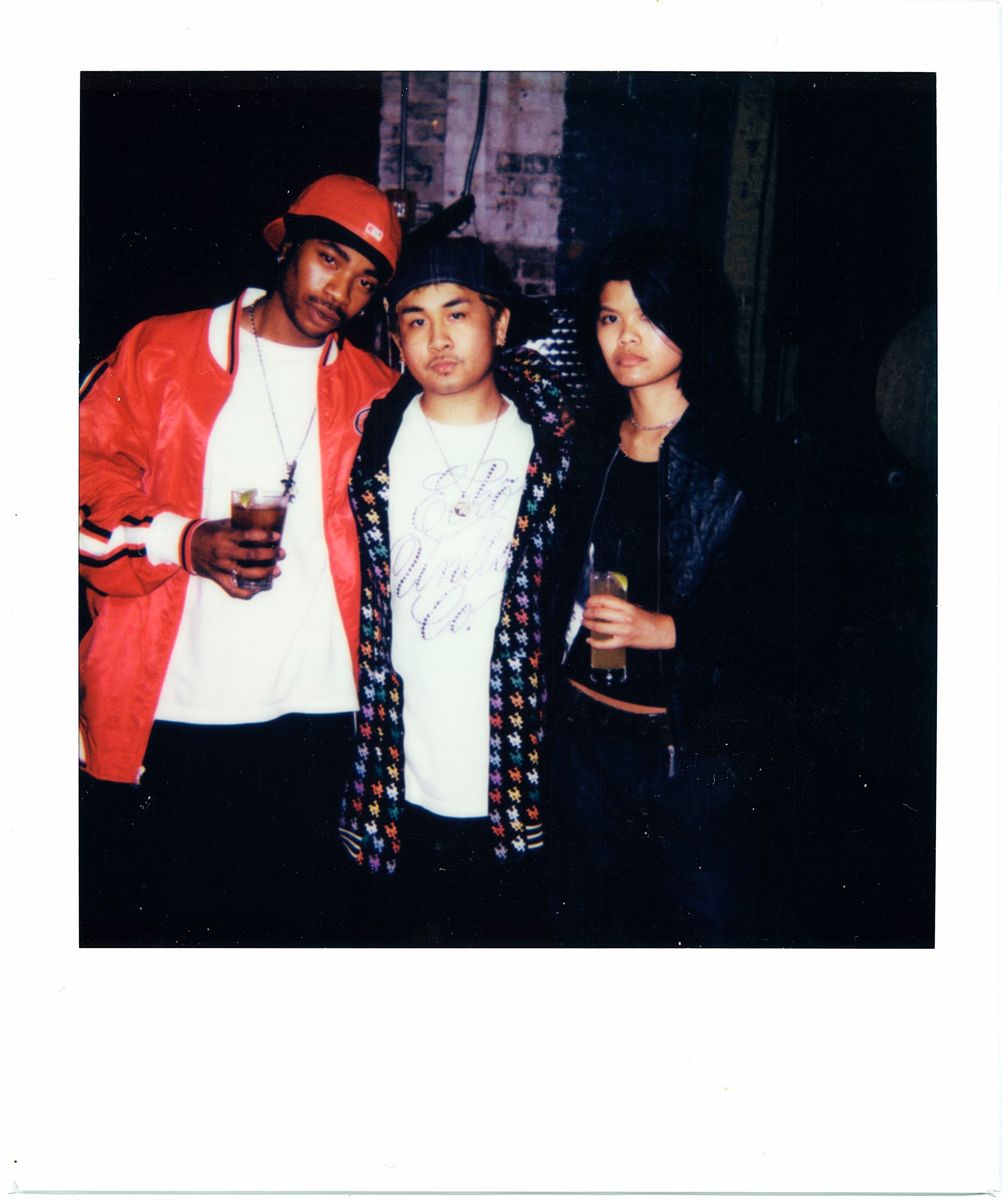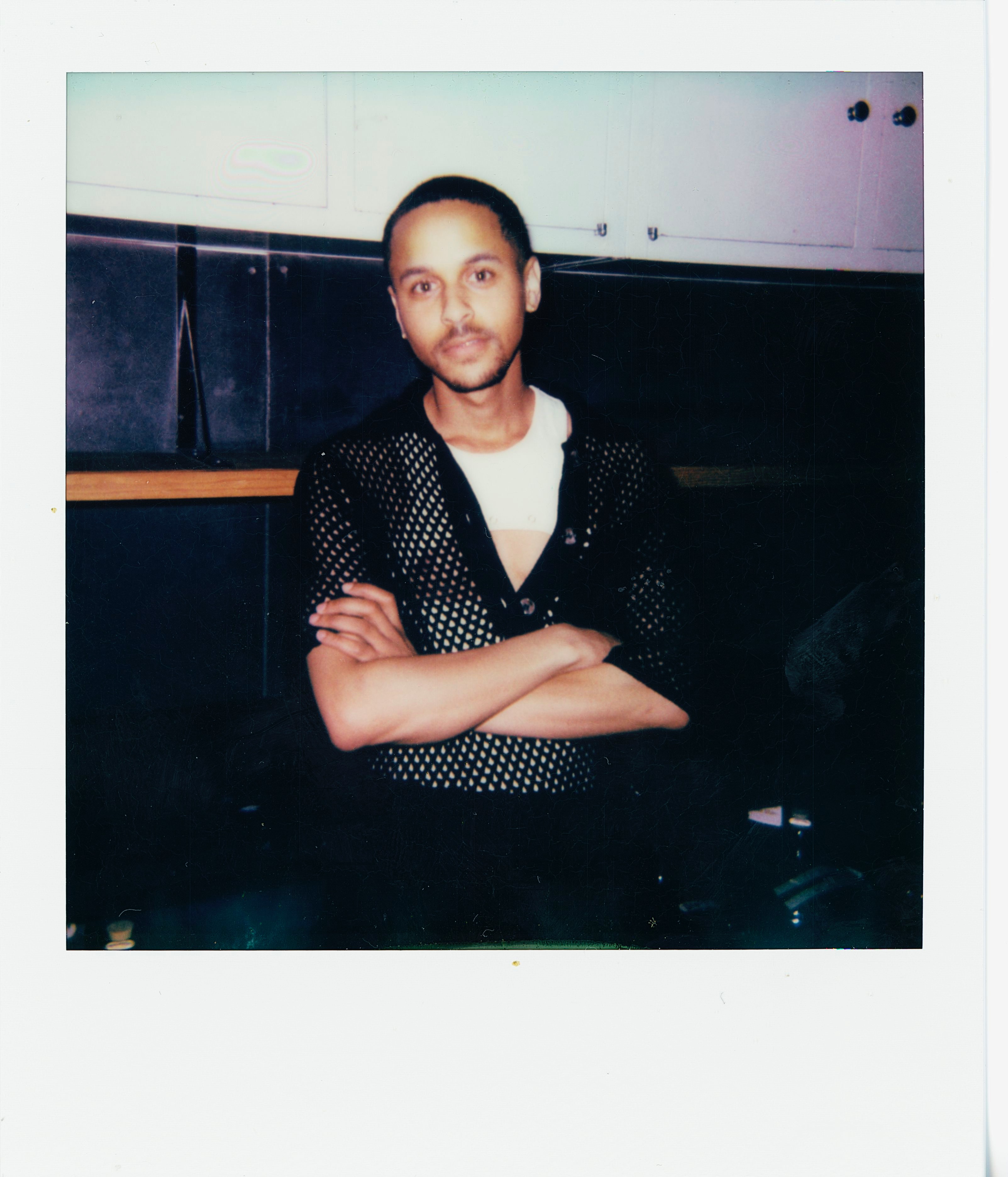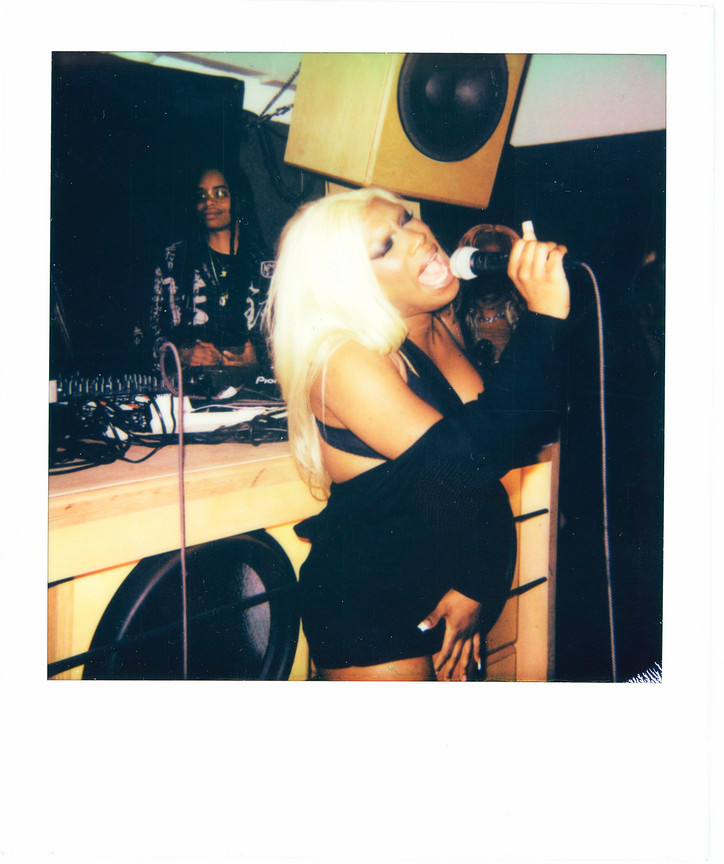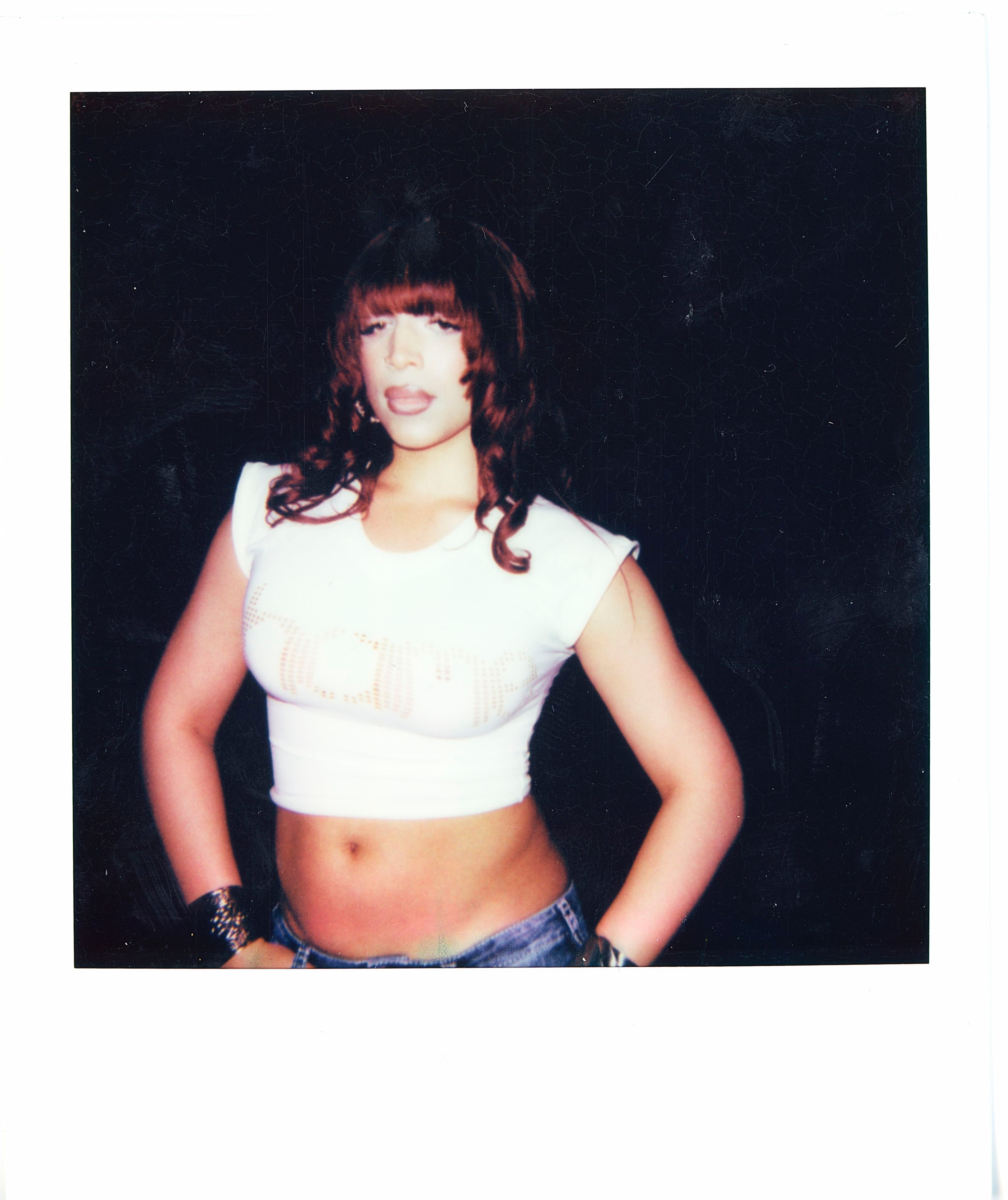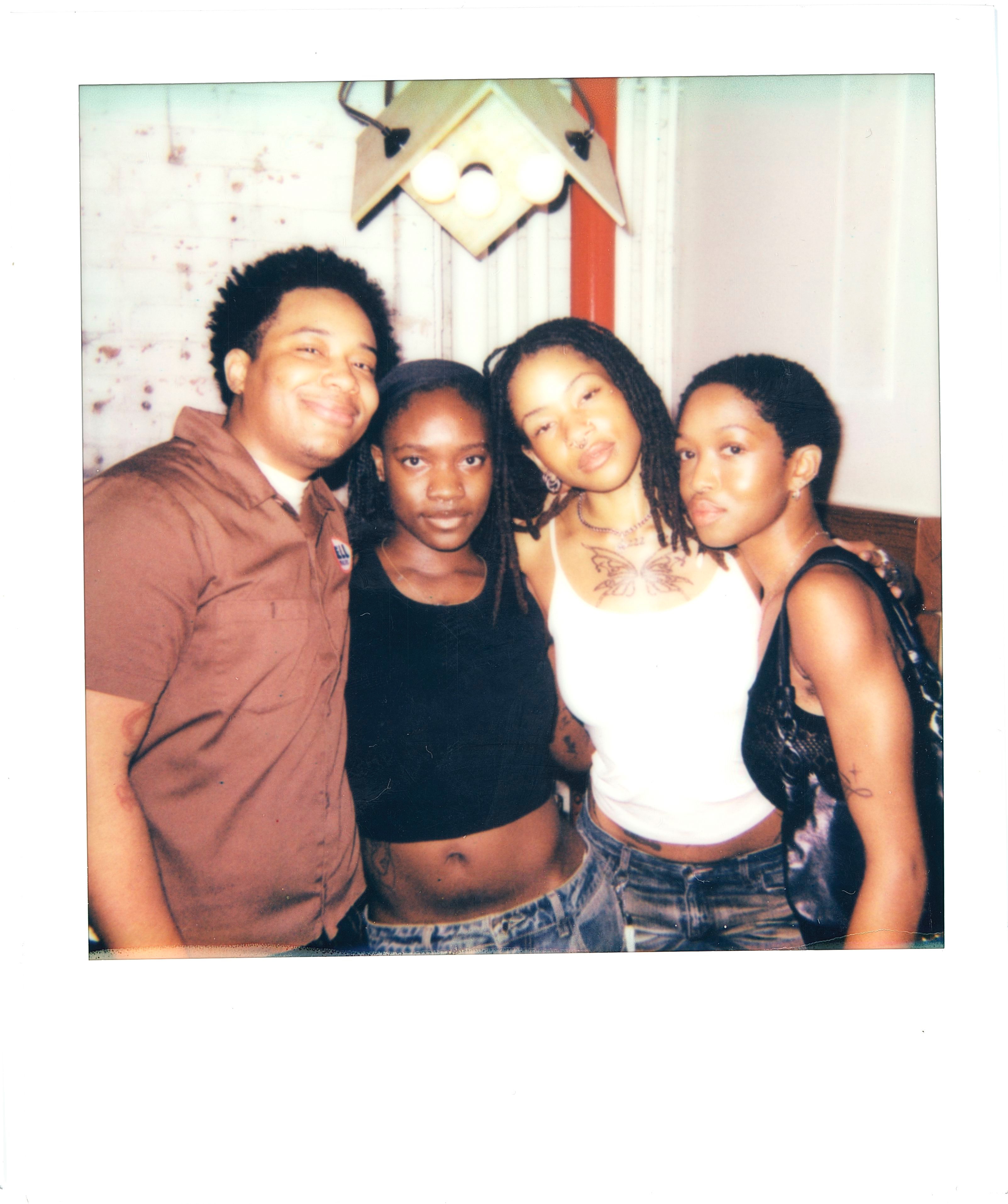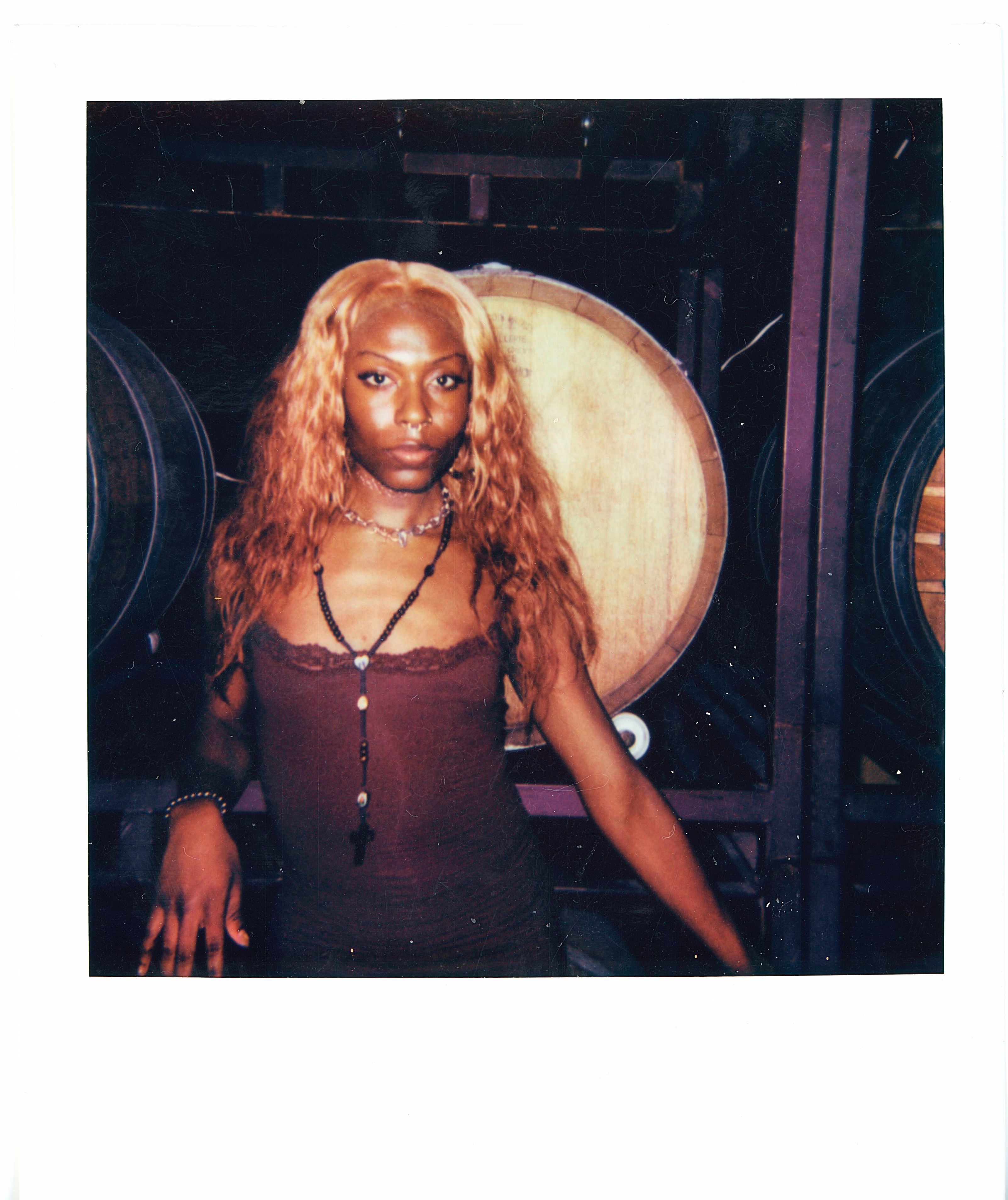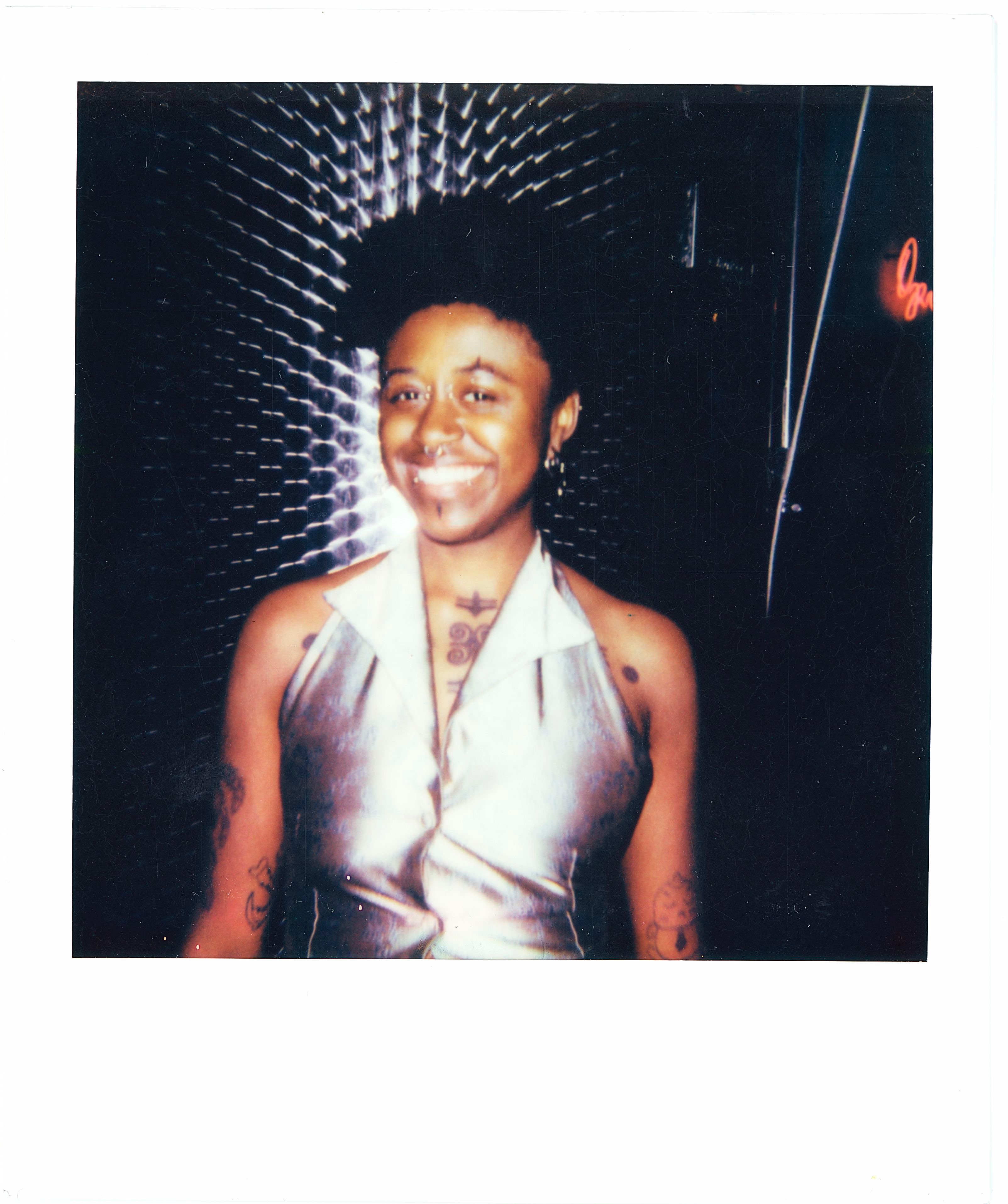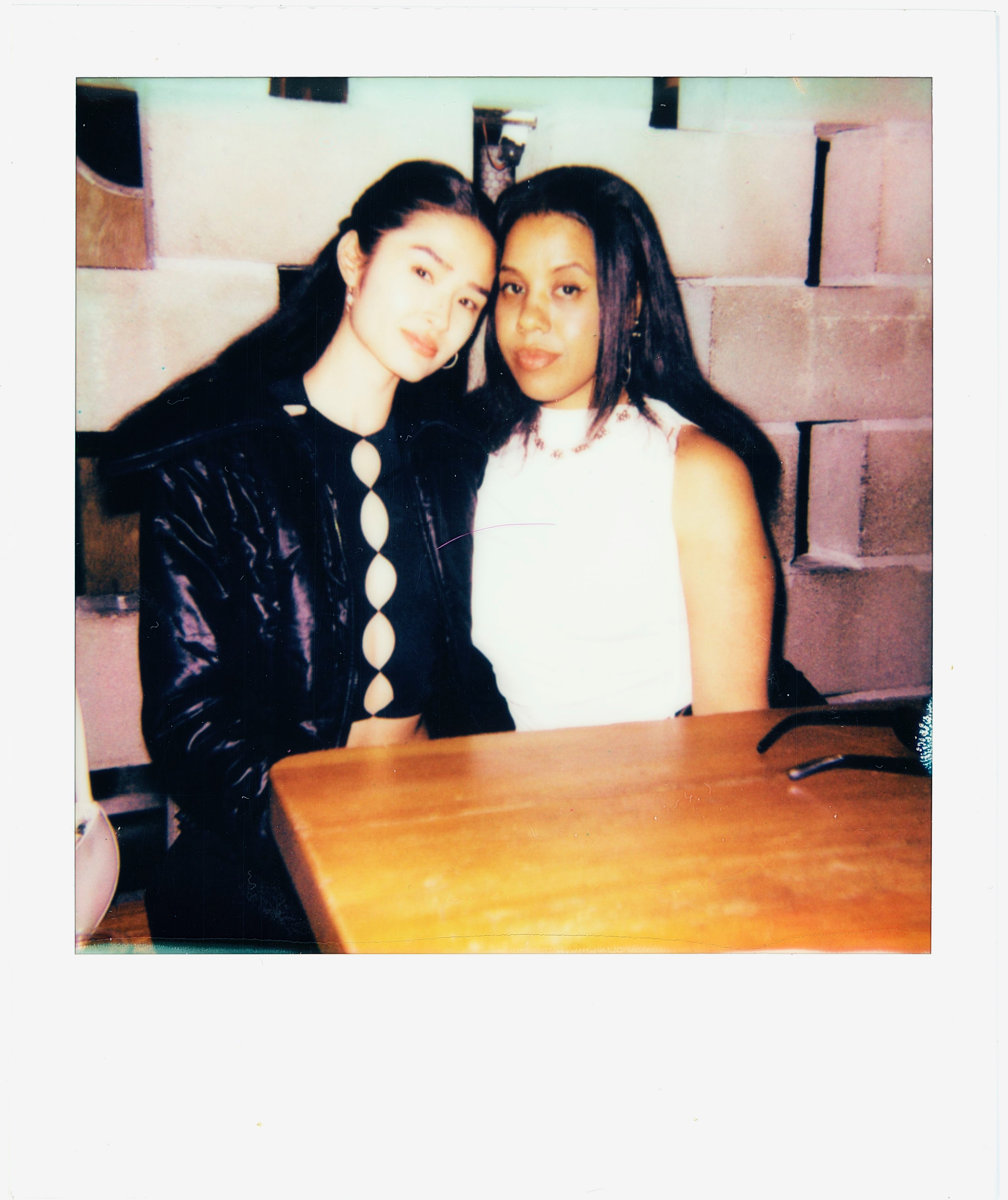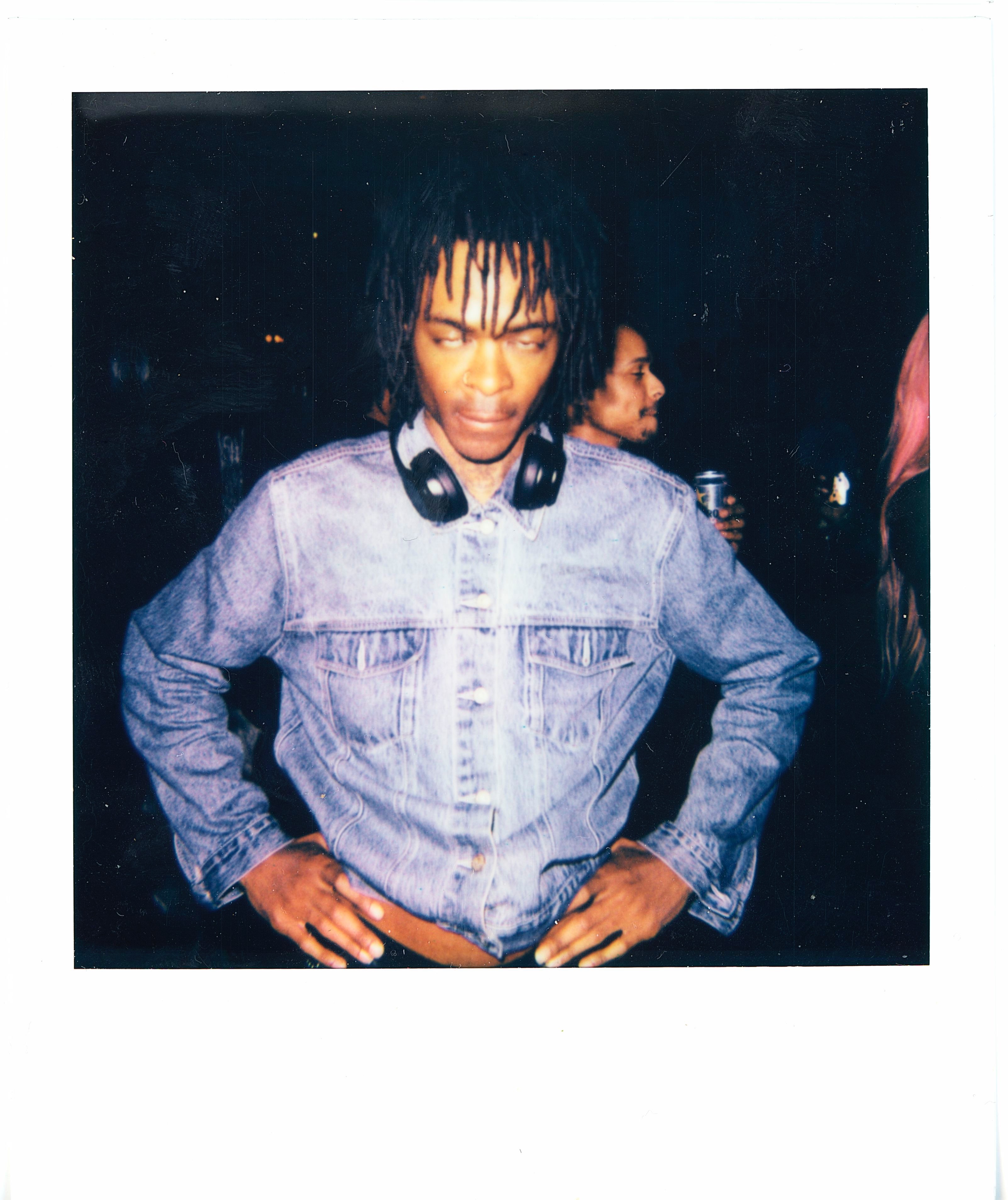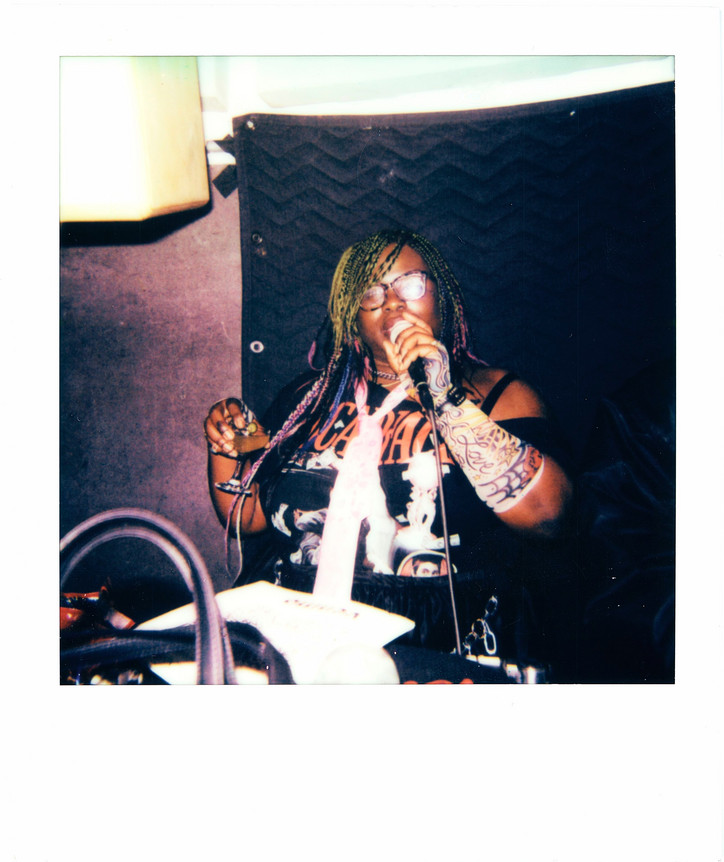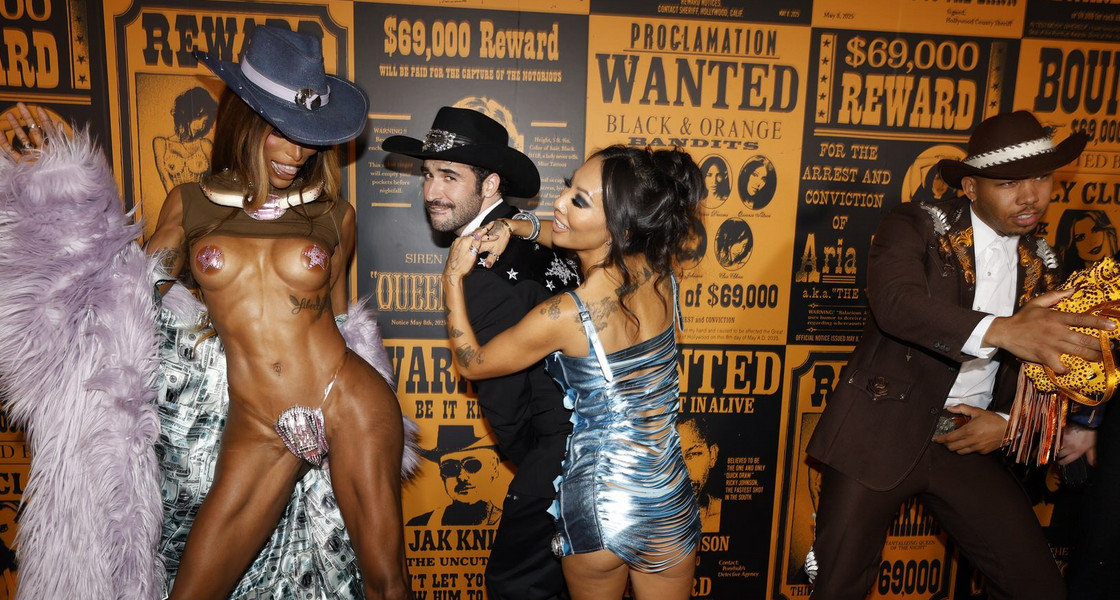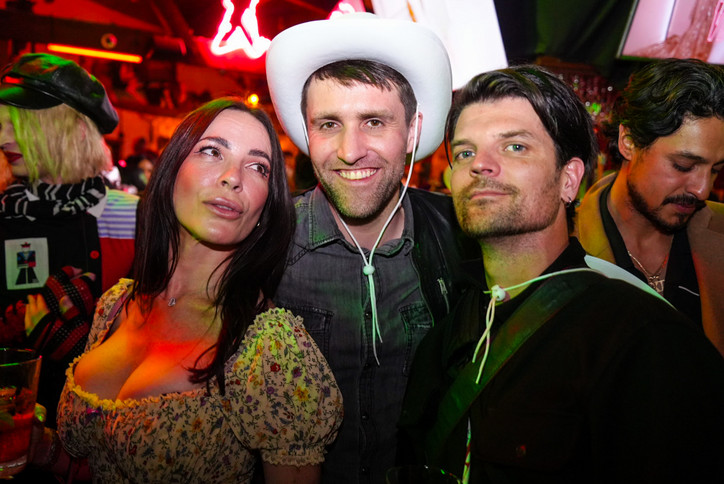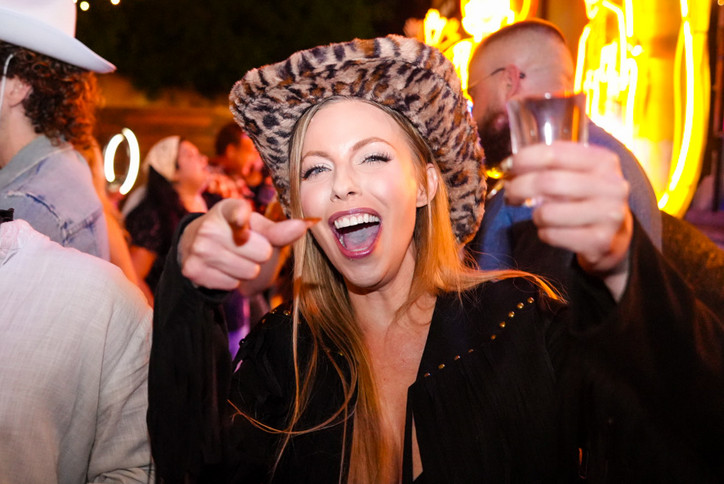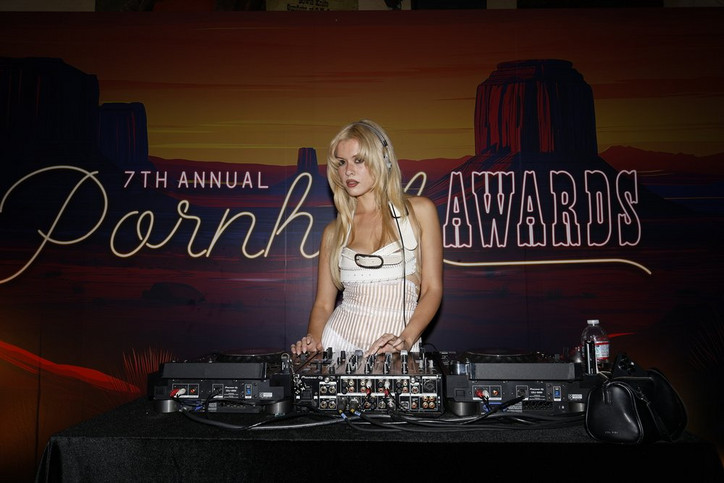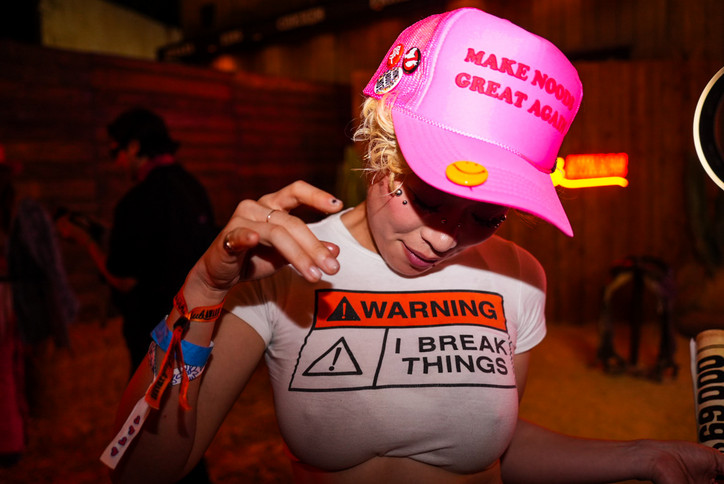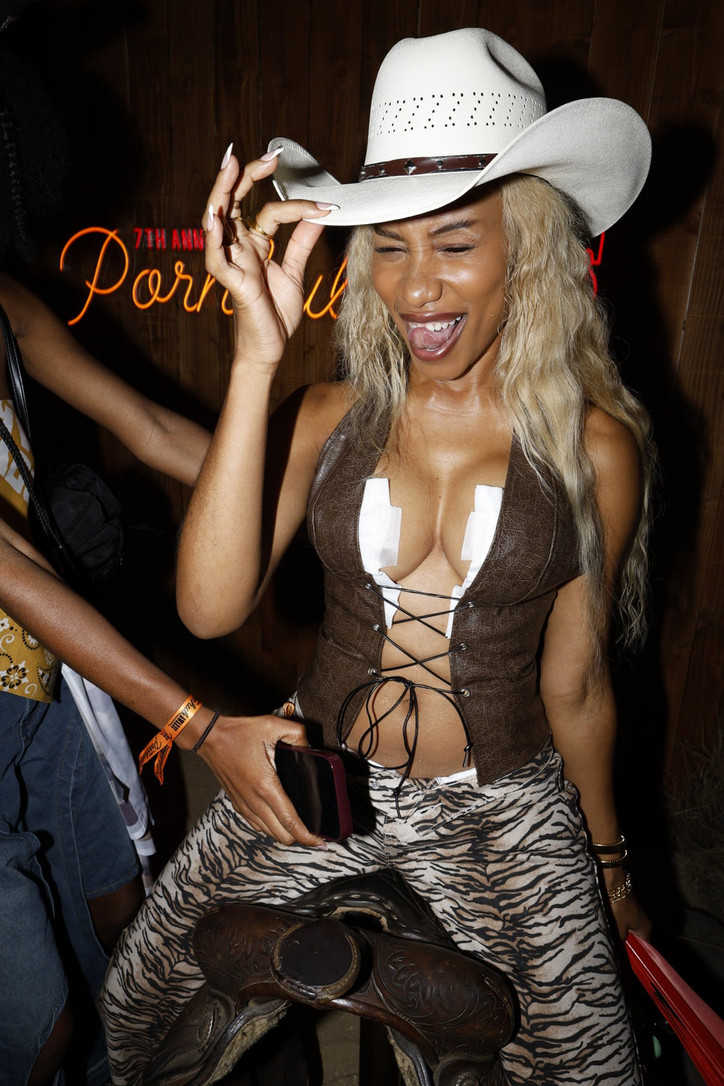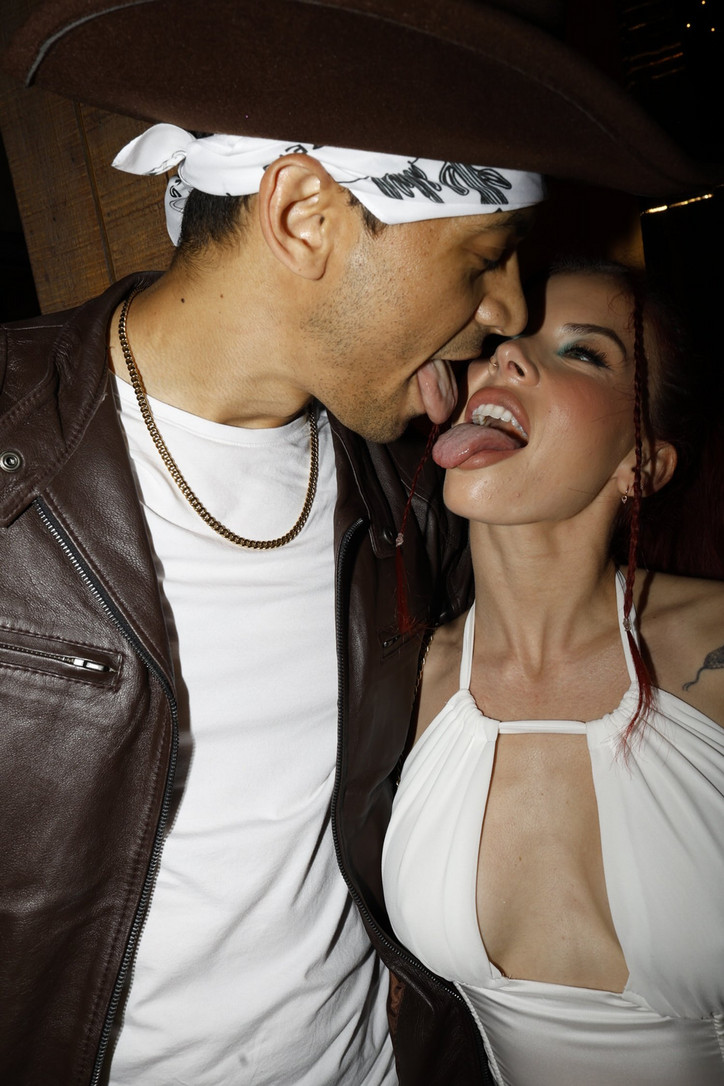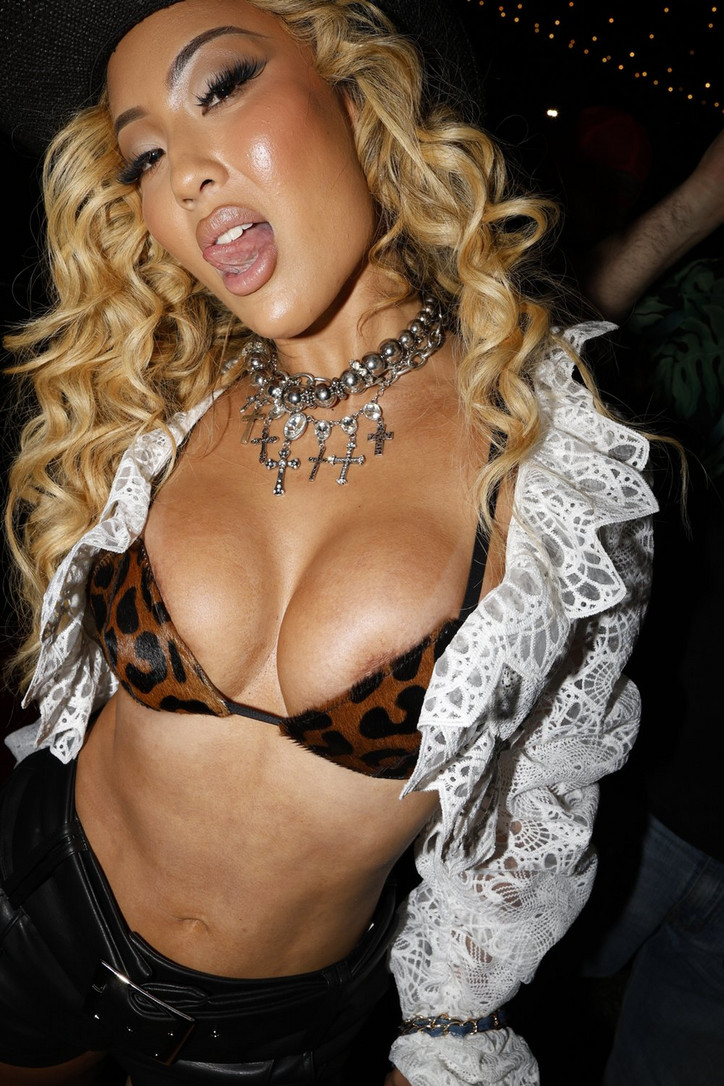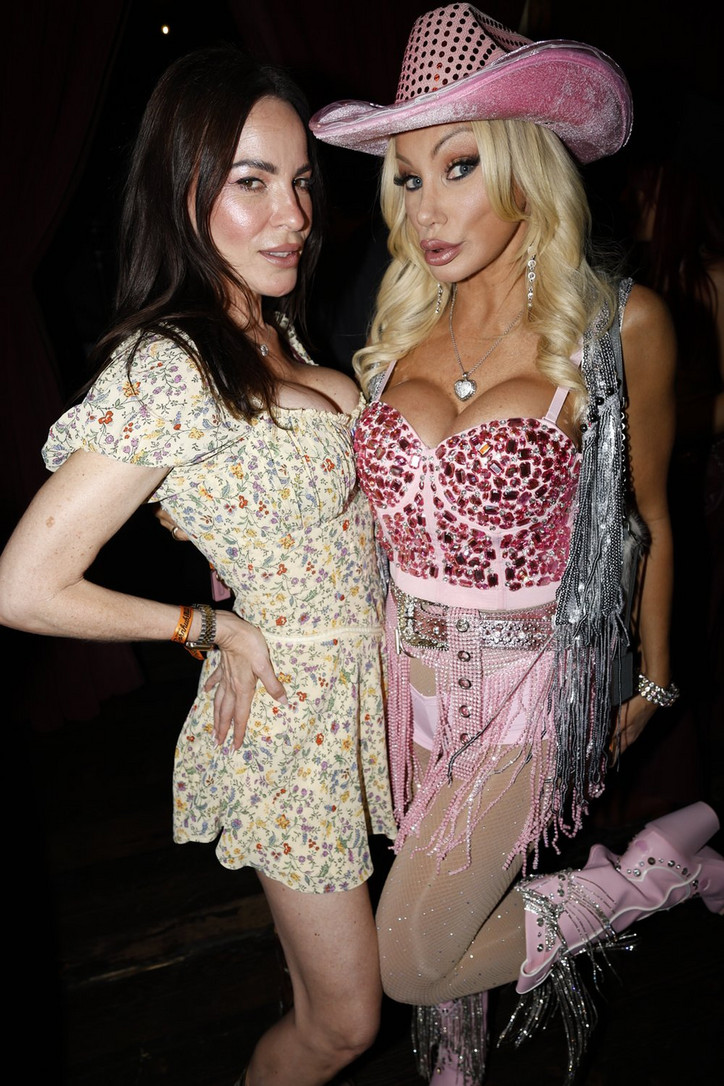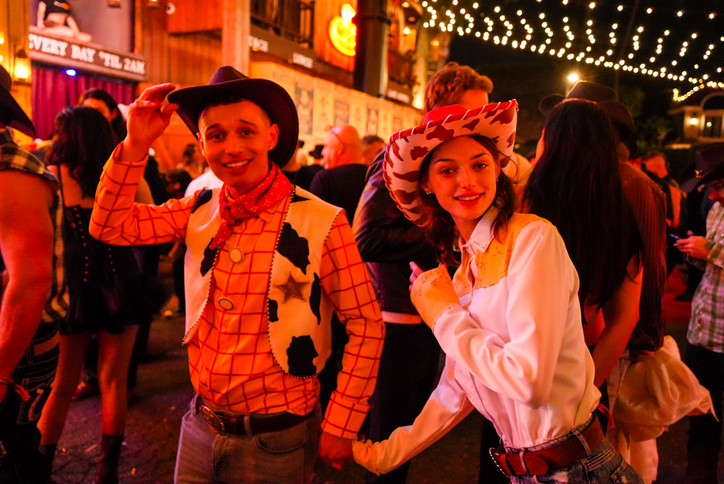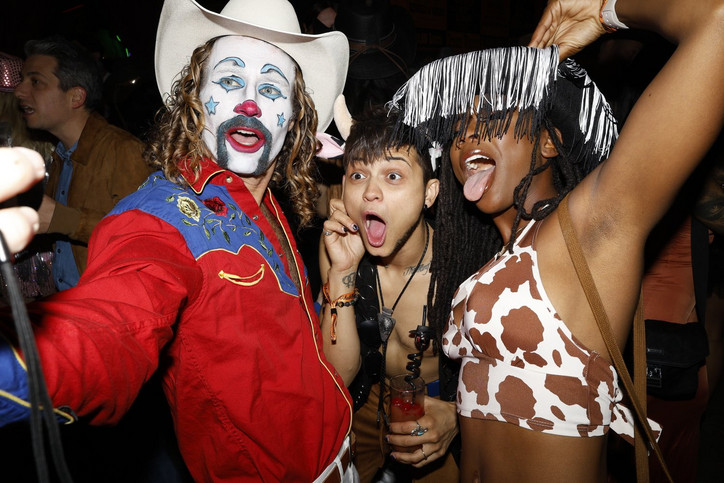Justin Bieber Is Not Your Boyfriend
It seems less common to witness such a level of influence in today's digital age — in part because there are far more celebrities than the 1980s — but it still happens. I'm sure we can all remember when Justin Bieber was looking for someone to create a "Girlfriend" song to go with his hit single "Boyfriend," and Laina Morris took to youtube with her unblinking candor. Her "JB Fanvideo" quickly went viral and became the "overly attached girlfriend" meme. The video has since amassed 21 million views on youtube and is a clear example of how the internet has reshaped celebrity culture.
Since the rise of social media, "celebrity" has been democratized, dispersed amongst a growing number of micro-celebrities who prove that being "influential" is now more attainable. Even still, idolization and infatuation still exist as fans become more engrossed and emotionally invested in the lives of their favorite public figures with just a screen to separate them from their perception of those they idolize.
After hours of digging and curiosity about celebrity culture, I discovered a term for the obsession — Parasocial Relationships, or PSRs. By definition, a parasocial relationship (PSR) is a one-sided psychological attachment an individual forms with a media figure, such as a celebrity, influencer, or fictional character. The term was first coined in the 1950s by psychologists Donald Horton and Richard Wohl. In a parasocial relationship, the individual, or "fan," feels a strong sense of connection, familiarity, and intimacy towards the media figure, despite the fact the relationship is entirely one-sided.
In our digital era, the dynamic between celebrities and their fans has drastically evolved. From original icons like Michael Jackson and Prince, to today's sensations like Justin Bieber, BTS, and Taylor Swift, we've witnessed a significant shift in fandom. The evolution, fueled by social media platforms like TikTok, Instagram, and YouTube, brings about a myriad of implications for mental health.
My curiosity led me to comb through a few books like Everything I Need I Get from You by Kaitlyn Tiffany and to chat with people researching in this field. From my findings, the side effects of PSRs aren't all bad, so let's look into some of the positive aspects. A key benefit of PSRs is the sense of belonging they offer. Fandoms — collective communities formed around a celebrity — can be powerful sources of camaraderie and support. These groups foster long-term relationships based on their appreciation of a specific figure, ultimately forging a new way to socialize in the digital age.
[#Swifties could lead a revolution - Repost from Instagram]
I sat down with Aaron Easaw, founder of Koi, a behavioral venture studio, who says that the true power of parasocial relationships lies within fan-to-fan interactions. "What's unique about certain parasocial relationships is that, beyond the talent-consumer connection, the consumer-to-consumer community can be very strong. For instance, "Swifties" are known for their loyalty to each other, while other communities, like Nicki's "Barbs," have a significant focus on minority groups such as the LGBTQ+. With the loneliness epidemic prevalent in Gen Z and Gen A, this level of community offers a reprieve from what might otherwise be a lonely "real life".
Another example is the BTS "ARMY," a global fandom around the Korean boy band BTS, often rallying together to support social causes and create safe online spaces for fans. BTS has even said that they exist because the ARMY exists.
Although a net positive, the reality of celebrity infatuation also has its faults. There is a fine line between admiration and obsession. As my grandma used to say, “Too much of anything is bad for ya,” and that is especially true when reflecting on PSRs. The question here is: “What is a healthy amount of fanaticism?” Young fans often invest significant amounts of emotional energy into their favorite celebs, even to the point of distress, especially when the celebrity faces hardships or controversies. For instance, when YouTuber David Dobrik faced serious allegations in 2021, it caused a crazy wave of distress amongst his young followers, some of whom reported feeling personally betrayed.
We are not inherently equipped to handle the emotional volatility that accompanies the constant need to "keep up" with the latest trends in media while also maintaining our personal lives. This constant balancing act takes a toll on our mental well-being. With this in mind, there are two primary factors that deserve consideration:
1. Social Media Isn’t Real.
Social media often presents a curated, near-perfect depiction of celebrities' lives. Young people, in their formative years, often compare themselves to these seemingly flawless personas, feeling a sense of inadequacy and dissatisfaction when they fail to measure up. This is amplified by influencers promoting products or lifestyle choices that are extremely unattainable for most.
2. Celebrities are Human Beings. Everything you experience in your humanity is no different than them.
We’ve seen detrimental effects in fans' ability to respect celebs' humanity and understand the concept of consent and boundaries. It breeds an interesting sense of entitlement, leading fans to feel like they have a right to know every intimate detail about their favorite celebrities' lives, encouraging an environment where invasion of privacy is normalized. The issue is amplified by the media's constant scrutiny of celebrities, furthering the illusion of accessibility.
In this new era of fandom, it's essential to recognize the double-edged nature of parasocial relationships and self-evaluate where we fall on the spectrum of idolizing public figures. The solution isn't to demonize these relationships, but rather to promote media literacy and educate ourselves on how to healthily engage with cultural figures. In doing so, we can ensure that the fandom experience and our own lives remains as a source of joy, not distress.
So before you become a keyboard warrior and chew out your least favorite celeb in their comments due to recent controversy or even find yourself feeling a little woozy in the presence of your favorite star, remember — we are all just human.

